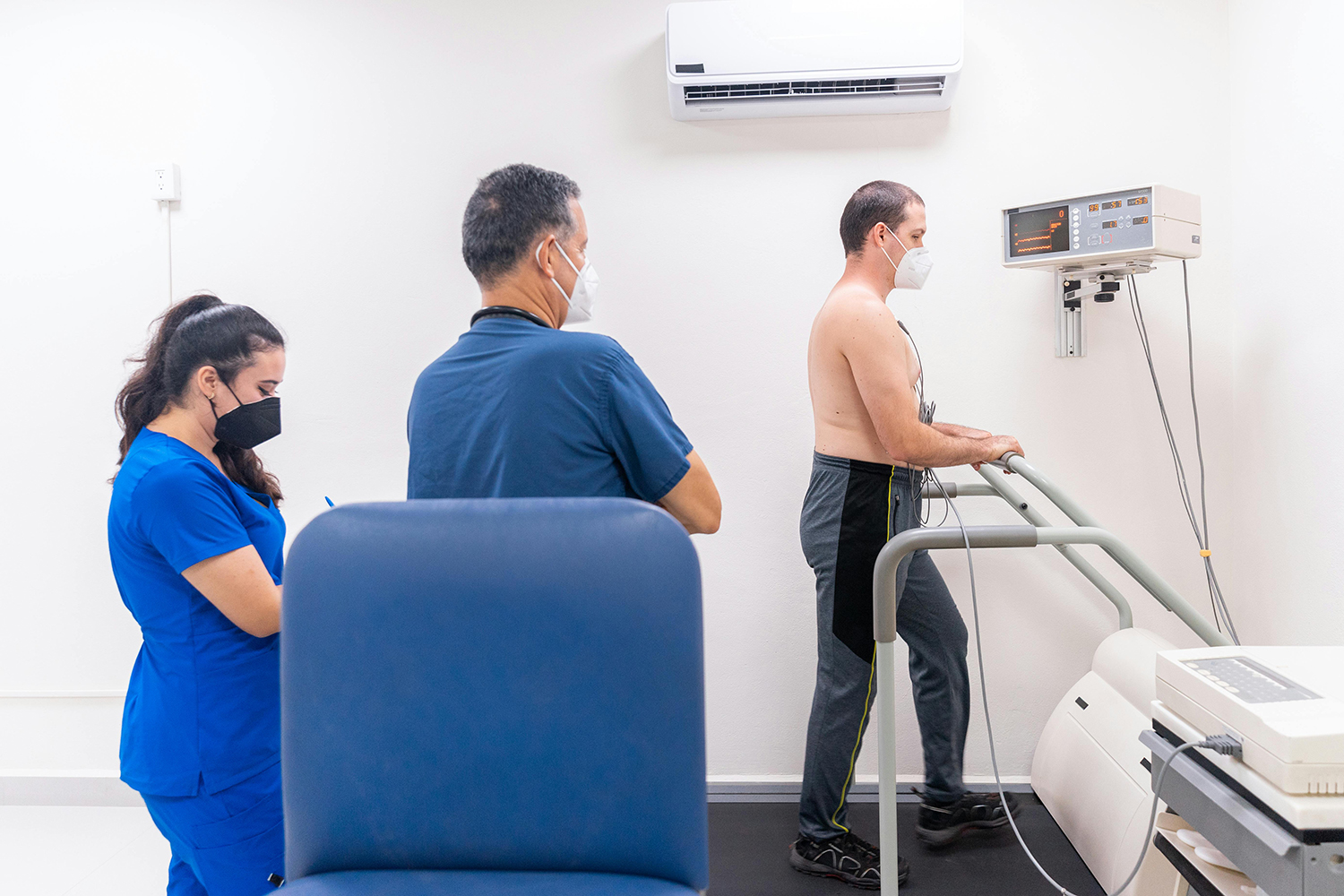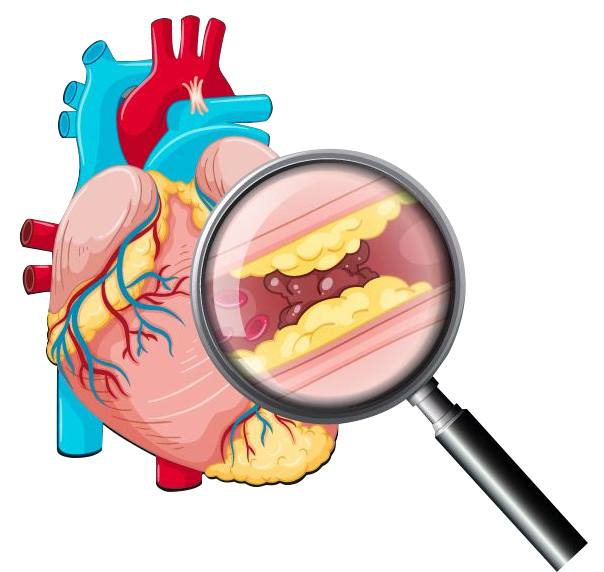Blog

OCTOBER 2025 TABLEHOPPING
CIMT FINALLY COMING TO TOWN
There are few things in medicine doctors don’t argue over but one of them is that cardiovascular disease is and has long been the leading killer of Americans for decades. Every adult should be asking themselves what their personal risk of having a heart attack is and how you can lower your risks. Notice that I said you have to ask yourself about your risk because most doctors don’t do a great job of assessing your risk. Sure, everyone knows you should “eat right” (whatever that means to you and your doctor), get exercise, don’t smoke and control your blood pressure and your cholesterol. If heart disease is the number one killer why aren’t you having routine testing done on yourself to see what YOUR individual risk is. Remember the long distance runner Jim Fixx died at age 52 and Winston Churchill who was fat, never exercised, drank and smoked died in his 90’s. Calculations like the Framingham Risk Calculator are terrible at predicting your risk. Routine stress tests ( and I have personally overseen hundreds and hundreds of stress tests) are terrible at predicting your heart risk (which is why I no longer use them for screening). A stress test is only going to show you when the blockages are bad enough that you need immediate help. A normal test can mean you have no blockages whatsoever or could have up to 70% blockages in multiple arteries and still be a “Negative test”. My father, the doctor, was shaken to the core when Tim Russert, a very famous newscaster with access to the very best doctors and medicines, dropped dead shortly after “passing” a routine stress test.
There is a very good test that shows early warnings that you are getting into trouble and that is a cardiac calcium score . It’s a CT scan looking for calcium buildup in the cardiac arteries. The more calcium the more buildup and the higher your risk. That test can find everything from very early plaque to extensive blockages. It’s my main screening tool. Look for the documentary “The Widowmaker” made in 2015 for details. This column is not about the calcium score but a related scan called CIMT. This stands for Carotid Intimal Media Testing. CIMT testing is a simple, painless ultrasound procedure that measures the thickness of the intima and media layers of the carotid arteries, located in the neck. These arteries are easily accessible and their thickness is a reliable surrogate marker for the presence and extent of atherosclerosis throughout the arterial system. The intima is the innermost lining of the artery, and the media is the muscular layer beneath it. As atherosclerosis develops, plaque builds up within the arterial walls, causing these layers to thicken.




An increased CIMT measurement indicates early arterial wall changes that precede the development of symptomatic CAD, even in individuals with otherwise “normal” traditional risk factors. Your doctor focuses on your LDL levels and your HDL levels as risk factors but an abnormal CIMT is nine times more predictive of a heart attack and/or stroke than the LDL level and five times more predictive than HDL levels. That’s nine times better than the blood tests your doctor is relying on.
Don’t mistake the CIMT test with a carotid ultrasound. The standard carotid ultrasound done locally looks for major blockages. I get reports all the time from the ultrasound place that the test is normal …there is less than 50% blockage. Well, I think a 2% blockage is very different from a 49% blockage but they are both reported as less than 50%. This is like a stress test..it’s good if you have very extensive disease but worthless for early detection. Early detection allows you to stop smoking, improve your insulin resistance, work on the underlying inflammation etc long before you have a stroke or heart attack.
So, the old fashioned carotid scan and stress tests are often covered by insurance but they are only useful when they are very abnormal. The Cardiac Calcium Score and the CIMT are usually not covered by health insurance. I have been doing the calcium score for years now but could not find anyplace in the area to do the CIMT testing. Recently I found a company that will do the test if I have enough patients to schedule to make it worth their while to come to town and do a screening event. I use CardioRisk Labs and so can your doctor.
The reason I am so interested in this test is because you can use it repeatedly to see if patients are getting worse or stabilizing their arteries or perhaps even reversing their plaque formation( the holy grail of prevention). Your cardiologist will likely say there is nothing except statins you can do to delay heart disease and there is no reversing it. Dr Dean Ornish would beg to differ and has a nationwide program which Medicare covers to offer patients a nonsurgical alternative to stabilize their heart disease. Following your heart’s status with calcium scores or catheterizations is significantly more difficult that following your plaque status in your neck. It’s possible, even likely, that if you see improvement in the neck you will see improvement in the heart arteries but it’s not a sure thing. Just showing you have stabilized the findings in the CIMT results in significantly decreasing your risk for future events…both cardiac and stroke.
I have been working with my patients to stabilize their arteries with agents like CX8, Magnesium, K2 and nattokinase and the CIMT gives me a way to put these supplements directly to the test. Get a scan … .take the supplements and rescan and see if it made a difference. When you find the problem early we have plenty of time to try different things. Of course, that also means working on diet , exercise, sleep and stress. You can’t supplement your way to good health without attention to the basics. Most importantly is probably working on your insulin resistance. But that’s another article entirely. As I wrote earlier, your doctor can easily order this test for you but it’s not covered by insurance . The health care provider will also say they are unfamiliar with the test and cannot reliably interpret it…that’s OK there are plenty of videos by Dr Ford Brewer on the internet that address this. Be your own health care advocate.
Until next month…get well and stay well
JT BARRY MD

Leave a Reply